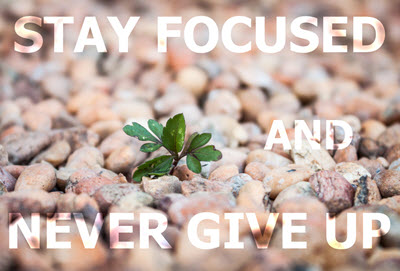 Adam* was feeling stressed out from his job.
Adam* was feeling stressed out from his job.
Too many deadlines.
Too many people demanding his time.
He felt frustrated and anxious about his abilities. He felt like a fraud and that with only one wrong decision, his colleagues would figure out he didn’t really know what he was doing.
He also knew that after dinner tonight with his girlfriend at their favorite restaurant, he had another “date” in mind. A date, with himself, alone.
He needed to escape from life for a while.
To escape from the sense of dread he felt that his life was not going the way he planned. That he was a failure.
He was thinking about the frozen pizza in the freezer he would cook. Then he would eat the potato chips and French onion dip. The carton of butter pecan ice cream almost made his mouth water just thinking about it.
Thinking of these foods, he could feel the excitement and sense of relief building just knowing this plunge into oblivion was waiting for him. He now knew he could make it through the rest of the day.
Cut to midnight. His dinner with his girlfriend was over a couple of hours ago, and his binge food had been rapidly consumed.
“Here comes the guilt…,” Adam thought, as he could feel it gnawing away at his soul.
His stomach hurt after eating all that food, and he felt such fatigue as a result. He felt disgusted by his lack of control, by how driven he felt to eat all that food in such an uncontrolled, pressured pace.
“What is wrong with me?”
“Why can’t I control this eating?”
Can you relate to this dread?
This sense of lack of control? You are NOT alone.
A 2007 study asked 9,282 Americans about a variety of mental health conditions, including eating disorders. The results, published in Biological Psychiatry, found that 3.5% of women and 2.0% of men had binge eating disorder (BED) during their life.
This makes BED 3x more common than anorexia and bulimia combined!
While in the throes of this condition, it can feel hopeless to stop.
It’s very similar to an addiction. The thrilling highs of relief to the crashing devastation of shame.
There is hope, though.
 Our work together can be your new beginning.
Our work together can be your new beginning.
Our work together will have a focus on healing your critical self-talk by listening to what it is telling you. We will challenge the truth of what is being said, learn intuitive eating skills, develop and use healthy coping skills, find and practice routines of self-care, and address core issues that have depleted your sense of value.
We will focus on body acceptance and work on helping you recognize your hunger cues and distinguish them from your emotional cues.
Often, people with eating disorders cannot determine what their underlying feelings are. They have a vague sense of unease, discomfort, and a clear understanding of the stresses in their life… but they don’t know how to figure out the connection between their uncomfortable feelings and their need to self -medicate with food.
Our work together will focus on feeling all your feelings…
…and develop coping skills that you will find in time useful and effective.
For example, imagine learning how to recognize an emotion you are feeling and simply observe it. You don’t attach to the emotion. And you don’t find food to be a tool that satisfies anymore.
Instead, you know you need something else. So, you get curious and determine you are feeling anxiety over an important meeting tomorrow and you don’t feel prepared. Instead of numbing your anxiety with comfort foods and feeling lousy afterwards, you sit and feel your feelings, consider what your thoughts are, challenge them, and design a plan to prepare for the meeting.
You stop trying to control the outcome and instead focus on controlling your emotions.
With self-compassion and understanding, you will see how your self-proclaimed ‘crazy behavior’ is actually an attempt to feel better.
 Together, we’ll unpack your issues and help you see them clearly.
Together, we’ll unpack your issues and help you see them clearly.
We’ll use nonfood methods to deal with your feelings.
And that is a healthy way to live!
Think about it… if you had a broken leg, you wouldn’t think of putting an ice cream cone on it to heal it.
This is no difference with broken feelings. Our work together will help you heal your feelings through some hard-hitting emotional work, specific written exercises, narrative repair work, and more.
Sound impossible? It’s not. Call me, and we can talk about it: (713) 269-3972.

